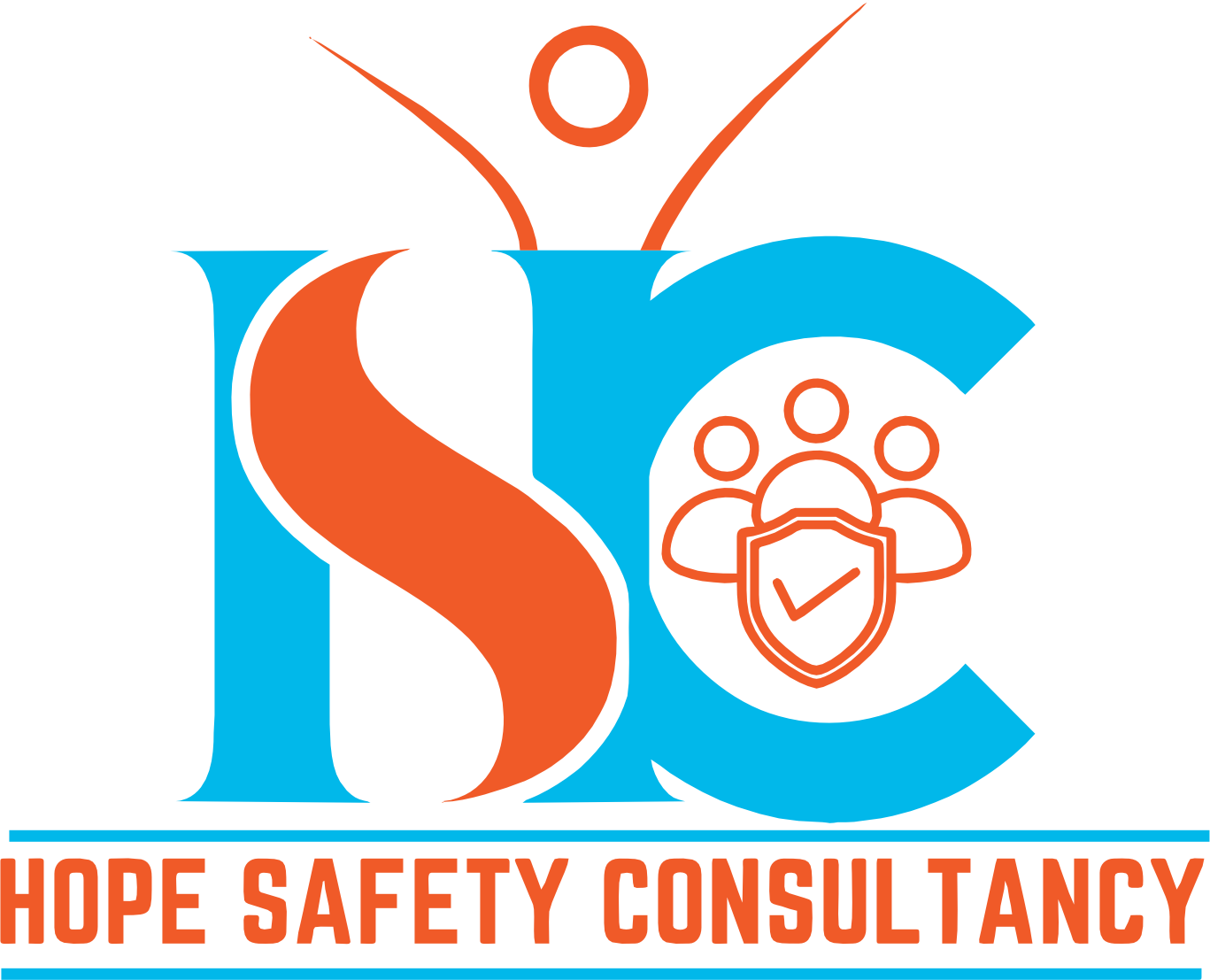Future Progression for ISO/IEC 38500 IT Governance Lead Auditor Course:
- Certification and Accreditation: Graduates may pursue certification as an ISO/IEC 38500 Lead Auditor, demonstrating their expertise in IT governance auditing according to international standards. Accreditation from recognized certification bodies can enhance credibility and open doors to new career opportunities.
- Specialization: Graduates may choose to specialize in specific areas of IT governance, such as cybersecurity, data privacy, compliance management, or digital transformation. By acquiring additional certifications or advanced training in these areas, they can deepen their expertise and broaden their career prospects.
- Advanced Education: Some graduates may opt to pursue advanced degrees, such as a Master’s in IT governance, information security, or business administration. Advanced education can provide a deeper understanding of theoretical concepts, research methodologies, and strategic management principles, preparing graduates for leadership roles in IT governance and related fields.
- Consulting and Advisory Roles: Graduates may transition into consulting or advisory roles, providing expert guidance and support to organizations seeking to enhance their IT governance practices. As trusted advisors, they can help clients identify risks, implement best practices, and achieve compliance with regulatory requirements, contributing to organizational success and resilience.
- Leadership Positions: With experience and expertise gained from the course, graduates may advance to leadership positions within organizations, such as Chief Information Officer (CIO), Chief Technology Officer (CTO), or Chief Compliance Officer (CCO). In these roles, they can influence strategic decision-making, drive organizational change, and champion effective IT governance practices across the enterprise.
- Continuous Learning and Professional Development: IT governance is a dynamic and evolving field, shaped by technological advancements, regulatory changes, and emerging risks. Graduates must commit to continuous learning and professional development to stay abreast of industry trends, expand their skill set, and maintain relevance in an ever-changing landscape.
- Contributions to Industry Standards and Best Practices: Graduates may contribute to the development of industry standards, best practices, and guidelines in IT governance through participation in professional associations, working groups, or research initiatives. By sharing their insights and expertise, they can help shape the future of IT governance and promote excellence in the profession.
